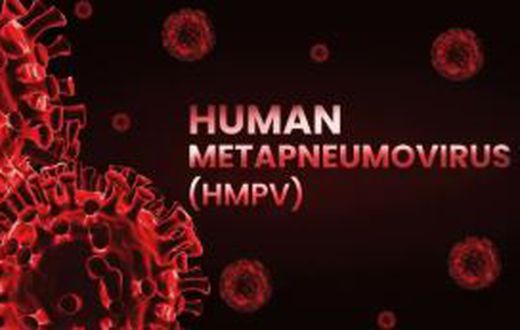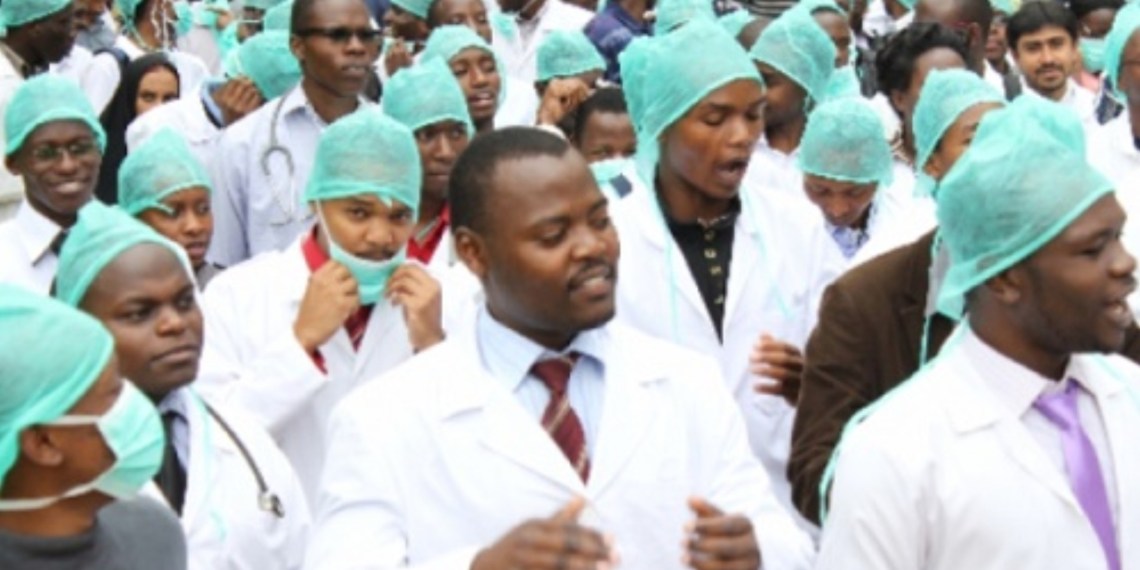A new respiratory virus known as human metapneumovirus (HMPV) has started making headlines across Asia, triggering heightened attention among Nigerian public health officials and West African communities. While many people initially notice cold-like symptoms, experts warn that HMPV has the potential to become more serious, particularly for groups already vulnerable to respiratory illnesses. The conversations swirling around this virus—especially its rapid spread and strain on health systems—remind many Nigerians of the uncertainties during early COVID-19 outbreaks. Here’s an in-depth analysis for readers in Nigeria, Ghana, and the wider African audience, aimed at keeping you informed and prepared.
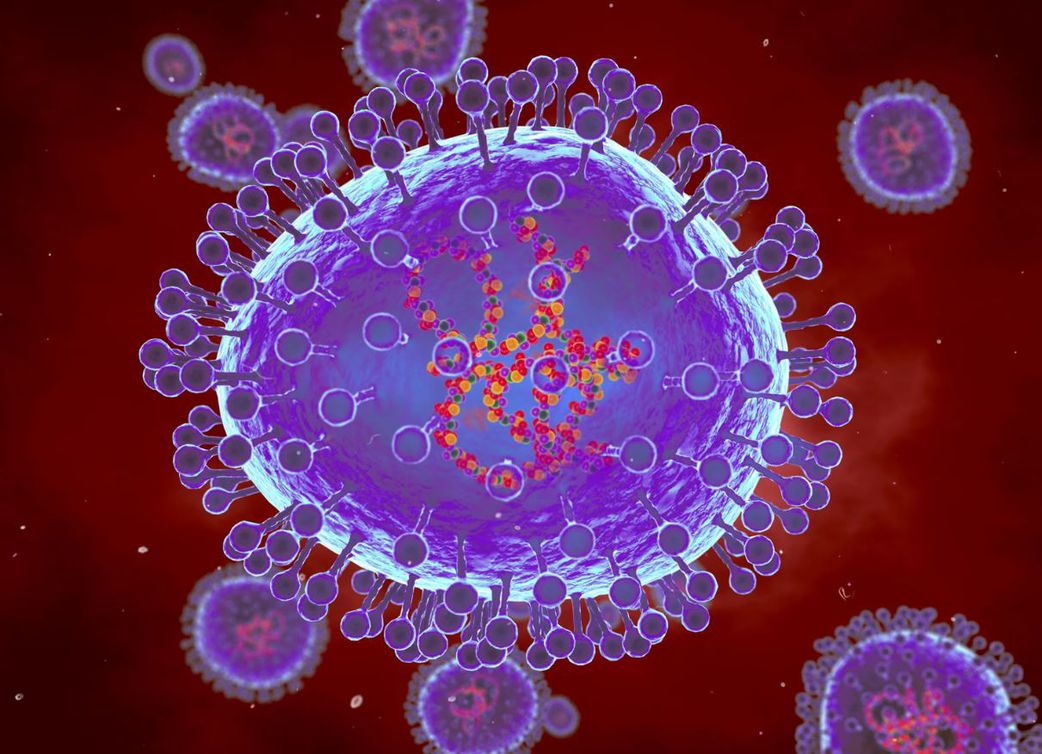
Understanding HMPV: What Is It?
Human metapneumovirus (HMPV) is a respiratory pathogen first identified in 2001, but it has likely been affecting people globally for decades. It is part of the Paramyxoviridae family of viruses (the same family as respiratory syncytial virus—RSV), and is transmitted easily among people through droplets released when someone coughs or sneezes. The virus can also spread via close interactions with infected individuals or by touching contaminated surfaces, then touching your face. This pattern of transmission makes it especially concerning in busy urban centres like Lagos, Accra, and Abuja, where close contact is often unavoidable.

Comparing HMPV and COVID-19: Key Differences
Given the shadow of the COVID-19 pandemic, many in Nigeria are eager to know how HMPV stands apart. While both are respiratory viruses, HMPV and COVID-19 (caused by SARS-CoV-2) have some differences:
- Genetic Makeup: HMPV is a paramyxovirus, whereas COVID-19 is a coronavirus.
- Severity: COVID-19 has a broader range of complications, including damage to organs beyond the lungs. HMPV, in most people, causes illness similar to the common cold, though severe cases can occur in some groups (children under five, elderly, and those with chronic illnesses).
- Incubation and Duration: According to the Nigeria Centre for Disease Control (NCDC), HMPV symptoms typically appear within 3–6 days of exposure and can last a week, while COVID-19 has a wide incubation (2–14 days) and can lead to more prolonged symptoms in some individuals.
- Vaccines and Treatments: Currently, no vaccine is available for HMPV. COVID-19 vaccines are, however, widely distributed, and antiviral treatments are accessible.
- Impact on Healthcare: Both viruses can stress hospitals, especially where critical care resources are limited.
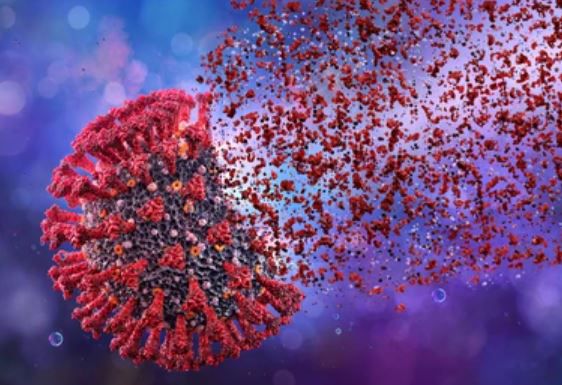
How HMPV is Transmitted
HMPV moves from person to person primarily through droplets, which are expelled when an infected individual coughs, sneezes, or even talks. In busy markets, crowded public transport, and during family gatherings, this virus can jump quickly between people. Surfaces touched by those carrying the virus, such as door handles or shared mobile phones, can also facilitate spread.
Experts, including Dr. Folashade Akinwande of University College Hospital, Ibadan, emphasize these practical steps to reduce risk:
- Wash hands regularly with soap and water for at least 20 seconds.
- Disinfect high-touch surfaces frequently in homes and workplaces.
- Use well-fitting masks especially in crowded spaces.
- Avoid close contact with people who display symptoms.
- If you’re unwell, stay at home and avoid gatherings.
Recognising the Symptoms of HMPV
Most people infected with HMPV experience symptoms akin to a regular cold. According to NCDC, warning signs typically include:
- Cough
- Fever
- Nasal congestion
- Sore throat
- Occasionally, a hoarse voice or wheezing
Although symptoms generally improve within a few days, HMPV can lead to more serious conditions like bronchitis or pneumonia, especially for:
- Children under five
- Older adults
- People with underlying health problems, such as asthma or heart disease
- Those with weakened immune systems (e.g., people living with HIV, cancer patients)
Severe cases may result in hospital admission, where oxygen support or intensive care may be needed—making early identification and swift medical attention critical.
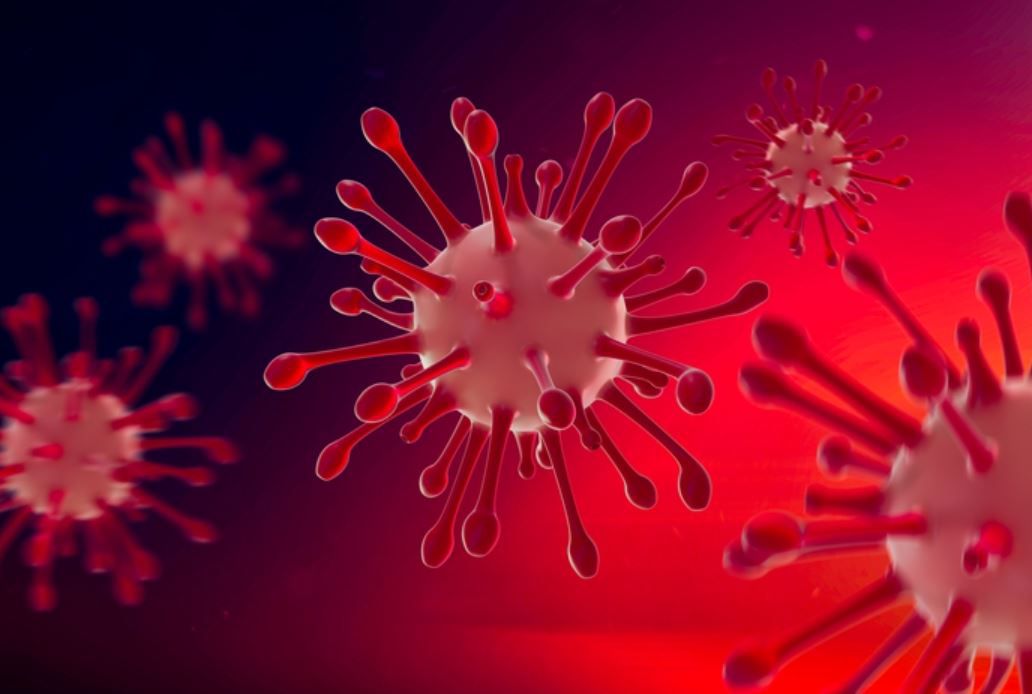
Who Faces the Greatest Risk From HMPV?
While anyone can contract HMPV, the risk of developing complications is highest among:
- Babies and toddlers (under age 5)
- Elderly people (especially over age 65)
- People with pre-existing respiratory or cardiac conditions
- Individuals with weakened immune systems (such as those with untreated HIV/AIDS, organ transplant recipients, or people on immunosuppressant medication)
In Nigeria and Ghana, where access to critical care and oxygen support in public hospitals is limited, these groups could face more severe outcomes if outbreaks occur in densely populated communities. For families, extra vigilance is advised if children or elderly relatives develop breathing difficulties, persistent cough, or high fever.

Preventive Measures and Implications for Public Health
As cities and towns in Nigeria and other West African countries remain on high alert, health ministries are ramping up awareness campaigns about personal hygiene, responsible social behaviour, and early symptom recognition. The NCDC and Ghana Health Service recommend:
- Frequent hand washing and use of alcohol-based hand sanitisers
- Routine cleaning of commonly touched objects (door handles, phones, counters)
- Staying home if you feel unwell
- Maintaining physical distance from people who show cold or flu-like symptoms
- Using masks in crowded environments, particularly in hospitals or public transport
- Seeking immediate medical help if respiratory symptoms worsen
Experts say strong community engagement is critical to slowing any possible outbreaks. According to Dr. Adaeze Okoye, a public health specialist in Lagos, “Community health workers and traditional leaders play a vital role in sharing accurate information, fighting misinformation, and helping people know when to seek treatment.” She adds that investment in health infrastructure is vital to minimize the pressures experienced during the COVID-19 pandemic.
While no vaccine exists for HMPV and treatments remain supportive, continued surveillance, prompt reporting of unusual clusters, and robust testing are essential if the virus reaches Nigeria or Ghana in substantial numbers.
Want to contribute your health story, medical experiences, or community solutions? We’d love to amplify your voice. Email us at story@nowahalazone.com to get your story featured or to discuss story sales.
For general support, health tips, or questions, reach out anytime at support@nowahalazone.com.
Follow us for real-time updates and public health news on Facebook, X (Twitter), and Instagram. Stay informed and help keep your community healthy!

